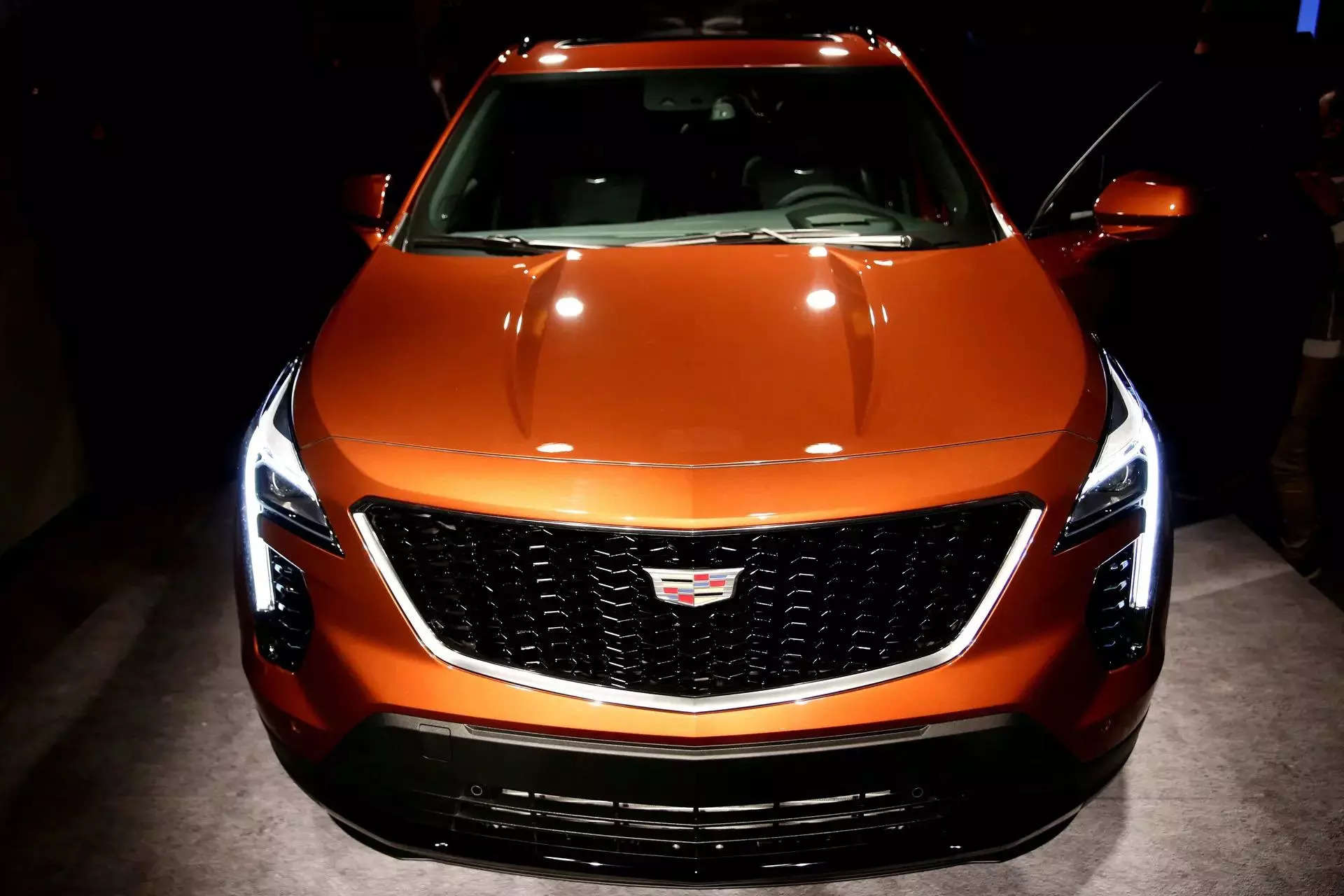The folks over at the Washington Post have had a rough week, losing more than 250,000 subscribers after owner Jeff Bezos ordered the newspaper to not make an endorsement in the 2024 election. But hey, look over there, it’s a shiny new AI chatbot!
“Ask The Post AI,” as it’s aptly called, is a new chatbot from the Post that returns AI-generated answers to questions based on the newspaper’s back catalog of stories published since 2016. For instance, if you ask it how many homes were damaged in Colorado’s 2021 Marshall Fire, it returns a response saying, “The Marshall Fire in Louisville, Colorado, in December 2021 destroyed more than 1,000 homes, making it the most destructive blaze in the state’s history.” That is correct! Below the answer are links to the Post’s related stories that it culled the information from.
“Generative AI and the rise of conversational formats are opportunities for us to draw upon our long legacy of fact-based, thoroughly reported journalism to delight and inform readers in new ways,” the Post said in an announcement.

Media companies have been looking for ways to protect themselves against the rise of chatbots like ChatGPT, which could threaten their businesses if people use chatbots to learn about news events rather than going to news websites directly. Some outlets have begun partnering with AI companies to receive some compensation in exchange for using their work as training data. Others have instead been suing to stop the unauthorized use of their reporting. And in the case of the Postof course, it’s trying to make its own chatbot.
The newspaper acknowledges that chatbots have a tendency to hallucinate or make up stuff that isn’t true. After all, chatbots are just statistics programs. They guess what word should come after the one that precedes it but can’t interpret fact versus fiction or differentiate between legitimate and suspect information sources.
That being said, chatbots tend to perform better when they’re given a limited set of curated data rather than being allowed to pull from any source on the web. “By limiting the search results to our published work, we are ensuring that every piece of information synthesized by the AI is based on work previously published by The Washington Post newsroom.” The Post says that if its AI isn’t able to find sufficient enough reporting to generate a response, it won’t reply. In regards to energy usage, the newspaper says it optimized the program to be agnostic regarding which AI models it uses, and claims the program requires no more energy than running any typical software.
Funnily, the announcement article states that the chatbot “may not always function exactly as we hope — which is why we are asking you to confirm the results with the published articles.” Seems like that would defeat the purpose.
There’s some debate about whether AI chatbots would draw traffic away from independent websites. Some argue that people will always want a deeper read, and will use chatbots as mere jumping-off points or to answer simple matter-of-fact questions like “why is the sky blue.” The Post’s chatbot definitely could be useful for the former, as search on news websites is often quite bad. But anyone who has used Google recently knows its AI-generated replies fixed to the top of searches are good at answering a lot of questions (whether those answers are accurate is another question). It seems impossible to deny that some traffic will be eaten up by AI.
The Post hopes a conversational chatbot can serve as enough opportunity to “delight and inform readers.” The newspaper hasn’t exactly delighted readers recently since it was learned that owner and Amazon co-founder Jeff Bezos decided at the eleventh hour that the newspaper wouldn’t endorse a president. In light of Bezos’s recent public support for President Trump on Twitter, and the president-elect’s long-running disdain for Bezos, it looked a lot like he was trying to curry favor or prevent any further animus. The Post lost over 250,000 subscribers in the wake of the news—not good for a newspaper that already wasn’t doing well. It just goes to show that although Bezos has money to support the Post, being owned by a businessman with other interests comes with its own problems.

























































:no_upscale()/cdn.vox-cdn.com/uploads/chorus_asset/file/25714290/Board.png)